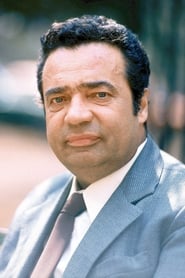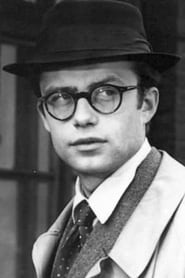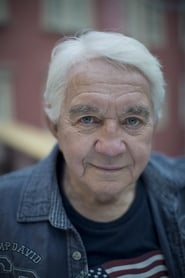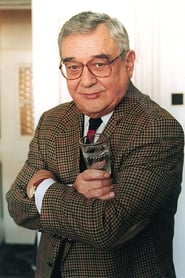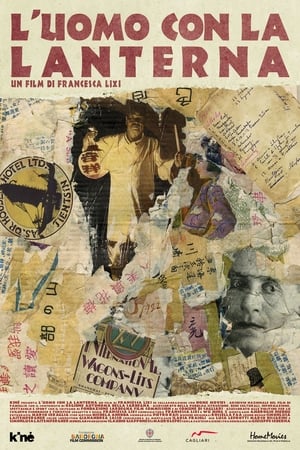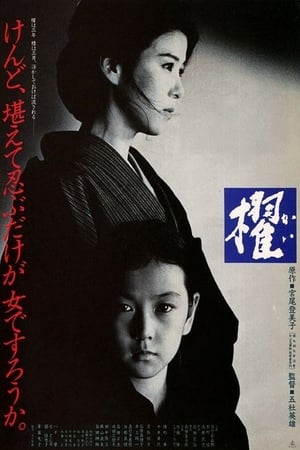Skandál v Gri-Gri baru
Top 10 Billed Cast
Similar Movies
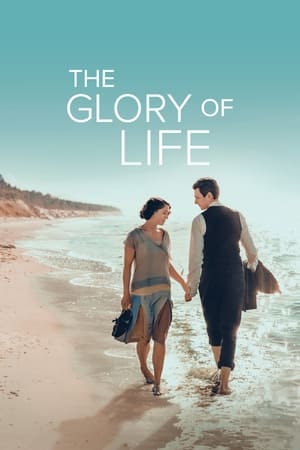 7.4
7.4The Glory of Life(de)
Because of the power of love, the last year of Franz Kafka's life becomes his happiest. The well-known writer has never before been able to allow himself to experience intimacy, he suffers from tuberculosis and is dependent on his overbearing family. In the summer of 1923, he met Dora Diamant in the seaside resort Graal-Müritz on the Baltic Sea coast, where he is convalescing and she is working in a Jewish Volksheim. He is a man of world, the 14 years younger woman is from the deep East, he can write, she can dance. She has both feet firmly on the ground, he is always hovering a little above it. She embraces the indicative, he gets tangled up in the conjunctive. But the worldly wise Dora accepts him as he is. And he accepts her. Together they go to Berlin and when Franz's health deteriorates rapidly, to a sanatorium in Austria. They are granted a single year together until Franz Kafka's health deteriorates incurable. However their year together allows them to feel the glory of life.
 8.6
8.6The Eagle and the Lion: Hitler vs Churchill(fr)
Winston Churchill, one of the most revered men of the twentieth century. Adolf Hitler, one of the most hated leaders in contemporary history. Between 1940 and 1945, these two enormously contradictory personalities faced each other in both politics and war. A clash of giants whose story begins in the trenches of the World War I and ends with the debacle of the World War II.
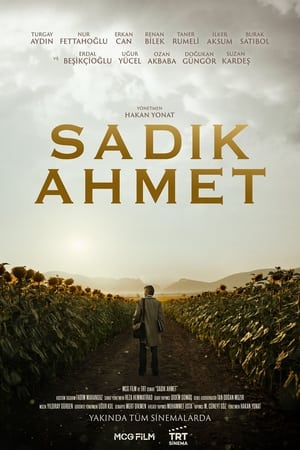 7.5
7.5Sadık Ahmet(tr)
Dr. Sadik Ahmet fights for the democratic rights of the Western Thrace Turkish minority living in Greece. After graduating from Athens University Faculty of Medicine, Ahmet started working as a doctor in Komotini. Ahmet entered the political struggle to defend the rights of the Western Thrace Turkish minority. He became the founding chairman of the Western Thrace Turkish Minority Advisory Board (BTTDK), which was established in 1989. Ahmet was also known internationally for his work on minority rights in Greece. Ahmet, who died in 1995, became a symbol for the Turkish minority in Western Thrace.
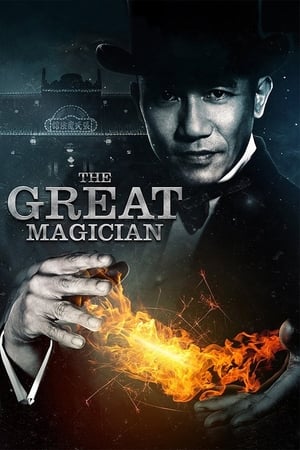 6.1
6.1The Great Magician(zh)
In the years after the Revolution, China broken up into fiefdoms held by warlords, who are busy fighting each other. One warlord has imprisoned a girl and wants her to be his seventh wife, but he's too honorable to force her. The local revolutionaries wants to kill him and bring back the republic. But when a stranger returns from abroad with mastery of magic to recover the girl he loved, who is tricking whom and who will win at the end?
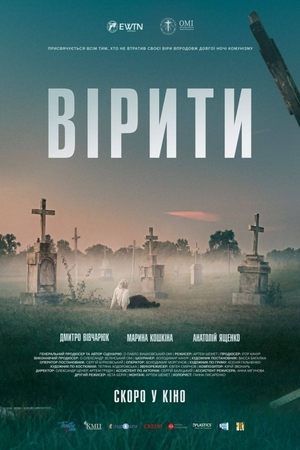 0.0
0.0To Believe(uk)
The film describes the story that takes place among the prisoners in the camp, who are secretly praying and being bullied by the guards. At the same time, the screen shows the lives of believers who, while remaining in the Vinnytsia region, continue their quiet struggle for the faith. The film is based on real events.
 6.1
6.1Miss Fisher and the Crypt of Tears(en)
After freeing a young Bedouin girl from her unjust imprisonment in Jerusalem, an Australian adventuress, together with her devoted police detective friend, begins to unravel a decade-old mystery concerning priceless emeralds, an ancient curse and the disappearance of the girl's mother and massacre of her tribe.
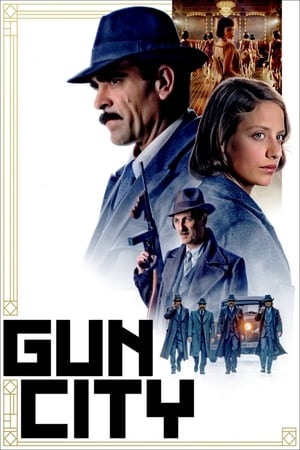 6.3
6.3Gun City(es)
Barcelona, Spain, 1921. A tough cop from Madrid arrives in the city to locate, under the suspicious scrutiny of corrupt local police officers, a significant amount of military weaponry stolen from a train, allegedly by revolutionary anarchists.
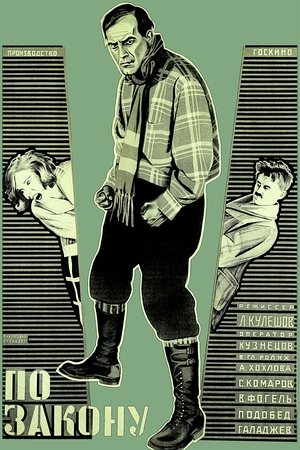 6.6
6.6By the Law(ru)
After a man kills two members of his Yukon gold prospecting team, the other two surviving members struggle to keep him subdued for the next several months until they can turn him over to the law.
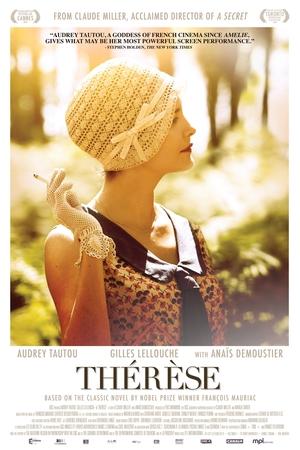 5.8
5.8Thérèse(fr)
An unhappily married woman struggles to break free from social pressures and her boring suburban setting.
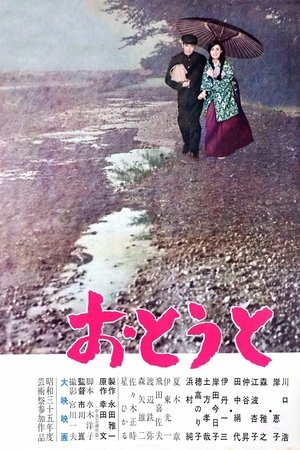 6.9
6.9Her Brother(ja)
Set in 1926 when Japanese tradition was much stronger, this drama looks at the inner workings of a small family, especially the relationship between a sister and brother.
 6.4
6.4Lady Chatterley's Lover(en)
An early-20th-century tale of love across class boundaries which tells the legendary and romantic story of Lady Chatterley’s affair with her gamekeeper. Jed Mercurio’s adaptation of DH Lawrence’s classic.
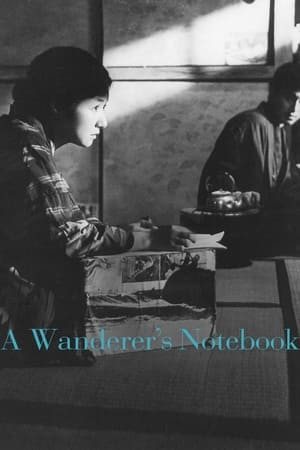 7.2
7.2A Wanderer's Notebook(ja)
Considered one of the finest late Naruses and a model of film biography, A Wanderer’s Notebook features remarkable performances by Hideko Takamine – Phillip Lopate calls it “probably her greatest performance” – and Kinuyo Tanaka as mother and daughter living from hand to mouth in Twenties Tokyo. Based on the life and career of Fumiko Hayashi, the novelist whose work Naruse adapted to the screen several times, A Wanderer’s Notebook traces her bitter struggle for literary recognition in the first half of the twentieth century – her affairs with feckless men, the jobs she took to survive (peddler, waitress, bar maid), and her arduous, often humiliating attempts to get published in a male-dominated culture.
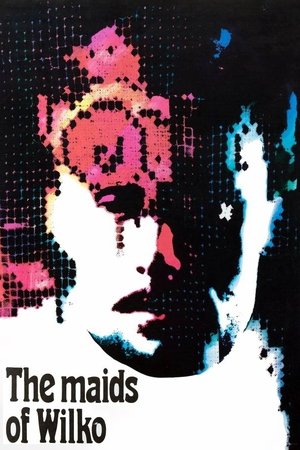 6.4
6.4The Maids of Wilko(pl)
Set in the late '20s. A thirtyish young man, who heads a small factory, faints at the funeral of a close friend. He decides to go home to his aunt and uncle for a while, but gets involved with a family of five women who had been in love with him at one time though he had apparently loved only one, who, unknown to him, has died since his departure. The women are mainly disillusioned with life or estranged from husbands while the youngest has a crush on him.
 7.0
7.0Propaganda: Engineering Consent(fr)
How can the masses be controlled? Apparently, the American publicist Edward L. Bernays (1891-1995), a pioneer in the field of propaganda and public relations, knew the answer to such a key question. The amazing story of the master of manipulation and the creation of the engineering of consent; a frightening true story about advertising, lies and charlatans.
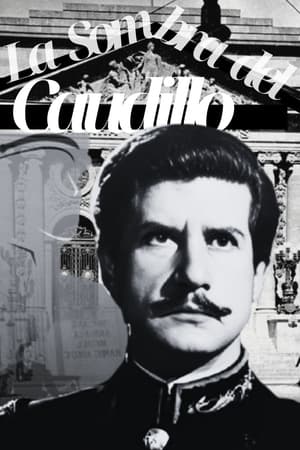 6.5
6.5The Shadow of the Tyrant(es)
In 1920s Mexico, the candidates being chosen to succeed the current president, El Caudillo, find themselves at his mercy as he will resort to anything to accomplish his will, including kidnapping, betrayal, and murder.
